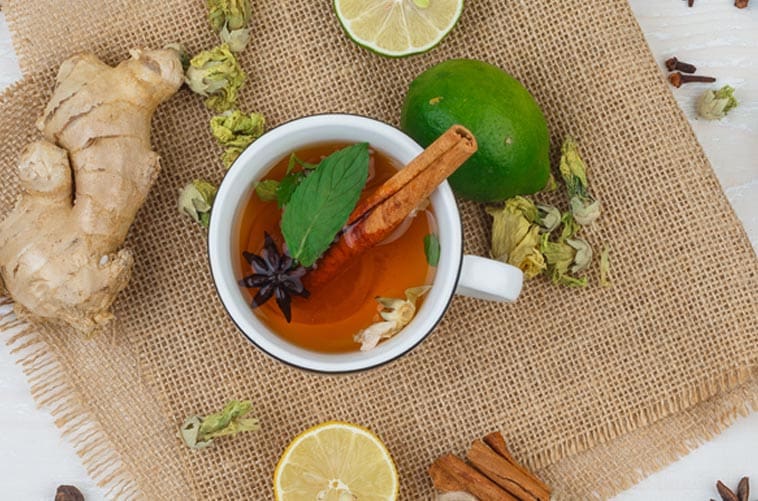As the chill of winter descends upon us, so does the season of sniffles, coughs, and colds. While modern medicine offers an array of pharmaceutical solutions to alleviate symptoms, many individuals are turning to ancient wisdom for a holistic approach to wellness. Ayurveda, an ancient Indian system of medicine that dates back thousands of years, provides a unique perspective on combating the common cold. Let’s explore the principles of Ayurveda and how they can be applied to bolster our immunity and navigate the cold season with grace.
Understanding Ayurveda:
Ayurveda, often referred to as the “science of life,” is rooted in the belief that achieving balance among the body, mind, and spirit is crucial for overall well-being. According to Ayurvedic principles, each person is born with a unique combination of three doshas – Vata, Pitta, and Kapha – which govern various physiological and psychological functions.
Vata: Associated with air and space, Vata governs movements and is linked to dryness, cold, and lightness.
Pitta: Representing fire and water, Pitta is responsible for digestion and metabolism, associated with heat and intensity.
Kapha: Aligned with earth and water, Kapha controls structure and lubrication, characterized by stability and heaviness.
Combatting the Cold with Ayurveda:
Seasonal Adjustments:
Ayurveda emphasizes the importance of aligning our lifestyle with the seasons. In winter, when Vata dominates, incorporating warm and nourishing foods into our diet becomes essential. Opt for soups, stews, and herbal teas to counterbalance the cold and dry qualities of the season.
Boosting Agni (Digestive Fire):
According to Ayurveda, a robust digestive system, or Agni, is key to overall health. Consuming ginger, cumin, and black pepper can stoke the digestive fire, aiding in the efficient breakdown of food and promoting a strong immune system.
Herbal Remedies:
Ayurveda boasts a rich tradition of herbal remedies to support the body during cold and flu season. Turmeric, with its potent anti-inflammatory properties, can be incorporated into warm milk or herbal teas. Tulsi (holy basil) and ashwagandha are renowned for their immune-boosting effects.
Balancing the Doshas:
Understanding your dominant dosha can guide personalized approaches to staying healthy. Vata individuals may focus on grounding practices, Pitta types should aim for cooling and calming activities, and Kapha individuals may benefit from invigorating and warming practices.
Ayurvedic Oils and Self-Massage:
Regular self-massage with warming oils, such as sesame or almond oil, is a time-honored Ayurvedic practice. This not only nourishes the skin but also helps pacify Vata, keeping the body warm and relaxed.
Mind-Body Connection:
Ayurveda recognizes the interconnectedness of the mind and body. Stress weakens the immune system, making us more susceptible to illness. Incorporating mindfulness practices, such as yoga and meditation, can help manage stress and enhance overall well-being.
Conclusion:
In the quest for well-rounded health, Ayurveda provides a holistic approach to confronting the common cold. By aligning our lifestyle with the principles of this ancient system, we can strengthen our immunity, balance our doshas, and navigate the winter season with resilience. As we embrace the wisdom of Ayurveda, let us not only treat the symptoms but also nurture the root of our well-being – the harmony of mind, body, and spirit.
In the heart of Kerala, Munkudil the best ayurvedic retreat in kerala stands tall as the custodian of Ayurvedic traditions, offering a sanctuary for those grappling with the winter cold. As you embark on a journey of holistic healing, let Munkudil be your guide, leading you towards a season of wellness, warmth, and rejuvenation.

